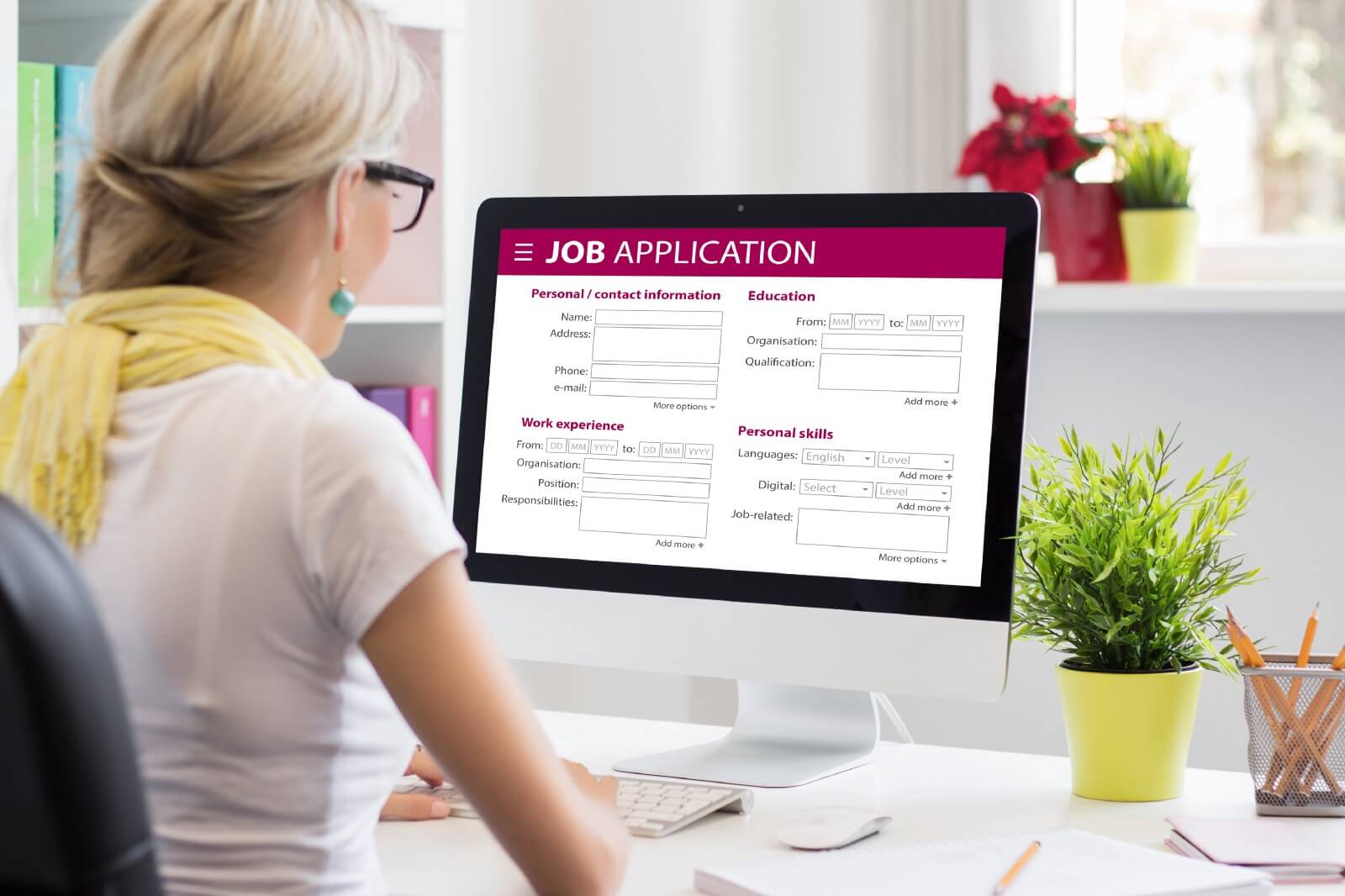Is your job application process accessible to people with disabilities? If not, you may be in some serious legal jeopardy.
More and more companies in a dizzying variety of industries and organization types are funneling job applications to an online applications process. Even if someone walks into a fast-food restaurant these days, they are typically pointed to a URL to submit an application. Kasper v. Ford is a class action lawsuit pending in the 6th Circuit where the disabled plaintiff alleges that both Ford’s job application and its reasonable accommodations process were inaccessible.
Traditional digital accessibility lawsuits are typically brought under Title III of the American’s with Disabilities Act. This is because these lawsuits usually allege that the defendant is a public accommodation. However, because this particular case alleges an inaccessible job application process which limits access to employment, it is brought under Title I of the ADA.
Lawsuits with class action status are different from the case management strategy perspective because the “named plaintiff” (in this case Kasper) is suing on behalf of anyone else “similarly situated”. The class action lawsuit discovery process can be extremely expensive for the defendant as well as uncover details that the defendant would prefer not be public. Therefore, the initial strategy by defendant’s attorneys is generally to try and “defeat the class”. When the class is defeated, the court is saying that the plaintiff can sue for his issues, but anyone else “similarly situated” would have to file their own lawsuits rather than bundling them up in a single class action lawsuit. In this case, Ford has failed to defeat the class and this lawsuit is set for trial in late October. That puts plaintiff Kasper in a much stronger position to force defendant Ford to settle.
Here area few thoughts to any company thinking that they want to use a “reasonable accommodations” process in lieu of being actually accessible:
- The offer of an accommodations process HAS to be made on an accessible web page.
- The entire path to getting to the accommodations process page also has to be accessible.
- If users with disabilities can’t independently get to the accommodation information, that accommodation effectively does not exist and was not legitimately offered.
- As discussed in Domino’s case, the Internet is 24×7. If the reasonable accommodation (such as a phone number) being contemplated is not available 24×7 as well, IT ISN’T EQUAL !!!!
- There needs to be a reasonable SLA in returning calls and getting people the information they need to complete their job applications so they are not disadvantaged by a reasonable accommodation request. What is reasonable? In the end that’s up to the courts, but in my opinion, anything over 3 business days is probably too long.
- People taking and returning calls on a reasonable accommodations hotline must be trained in working with people with disabilities. This includes: using People First language, working with language facilitators and relay services, and knowing what types of accommodations are effective to which groups of people. For example, offering a blind person a close captioned video as an accommodation is not particularly effective.
That being said, actual accessibility is always the preferred solution. Then you don’t have to worry about human error and all the things that can go wrong when the person answering the phone doesn’t know the answers, unintentionally insults the caller, or forgets to forward their email and phone when they go on a two-week vacation in the Bahamas.

0 comments on “This Week In Accessibility: Kasper v. Ford”